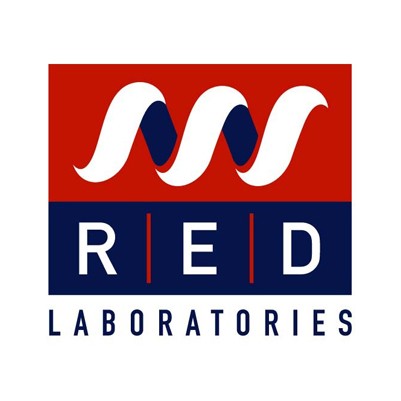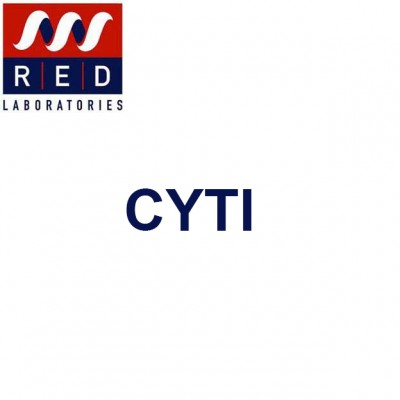Cytokine RNA, inflammatory
- A principal avenue of investigation has been the measurement in blood of immune signals conducted by cytokines.
- In animal studies, administration of pro-inflammatory cytokines (IL-1, TNF-α, and IL-6) directly into the brain can induce "sickness behaviors" that strongly resemble the symptoms of CFS. In particular, decreased motor activity, altered food and water intake, sleep and cognition have been linked to
Samples: RNA-based tests : One TempusTM tube. Stable for 72 hours at ambient temperature. For longer periods freeze and ship at -20°C
Description
- Th1 and Th2 immune cells produce and release cytokines that trigger a domino effect leading to an immune reaction.
- Cytokines released by Th1 are: IL-2, IL-12, INFɣ, INFa and INFb
- Cytokines released by Th2 are: IL-4, IL-5, IL-10
- Th1 cytokines suppress Th2 cytokines and vice versa.
If the pathogen is defeated, the immune system returns to a balance between Th1 and Th2. Unfortunately, some conditions involve chronic activation or suppression of one of the two categories. - Once present in the body, the biotoxins begin to set off a complex cascade of biochemical events. The biotoxin binds to surface receptors (Toll receptors and many more) in nearly every kind of cell in the body. This recognition and binding of the biotoxin causes a continual upregulation of multiple inflammatory pathways, including production of cytokines and TGF Beta-1. Cytokines in turn bind to their receptors, causing release of MMP9 in blood. In the brain, cytokines bind to the leptin receptor, preventing its normal function in the hypothalamus. The blocked leptin receptor will no longer create the initiation of steps that lead to production of alpha melanocyte stimulating hormone (MSH). Elevated cytokines can produce many different symptoms including: headache, muscle ache, unstable temperature and difficulty concentrating. High levels of cytokines can also result in increased levels of important compounds such as I-1 and clotting factors as shown by a von Willebrand’s profile.
Ashwood et al. (Brain Behav Immun. 2011) reported on significant increases in plasma levels of a number of cytokines, including IL-1β, IL-6, IL-8 and IL-12p40 in the ASD (autism spectrum disorders) group compared with controls. - Suzuki et al. (PLoS One 2011) reported that the plasma concentrations of IL-1β, IL-1RA, IL-5, IL-8, IL-12(p70), IL-13, IL-17 and GRO-α were significantly higher in subjects with ASD compared with the corresponding values of matched controls.
- Okada et al. (Prog Neuropsychopharmacol Biol Psychiatry 2007) and Ashwood et al. (J Neuroimmunol. 2008 ) reported on decreased serum levels of transforming growth factorbeta1 (TGFb1) in patients with autism, with lower TGFb1 levels associated with lower adaptive behaviors and worse behavioral symptoms, suggesting that immune responses in autism may be inappropriately regulated due to reductions in TGFb1.
- Al-Ayadhi LY1, Mostafa GA - J Neuroinflammation. 2012 9:158, reported that Children with autism had significantly higher serum IL-17A levels than healthy controls (P <0.001), with increased serum levels of IL-17A found in 48.9% of the autism group.
Data sheet
Do I need to prepay the test before receiving the kit?
Please kindly note that for all the tests that are done in our partner labs in the USA, a full prepayment must be received before your sample is sent for testing.
Partner labs demand a full prepayment before the sample can begin to travel. Thank you for your understanding and collaboration.
What is the turnaround time for the tests?
It will take approx. 6 weeks to get the results from all tests, except for the Nagalase (5-6 weeks), the MSA (6-8 weeks), the FRAT test (8-10 weeks) and CD56 and CD57 (48 -72 hours).




feedback Report comment